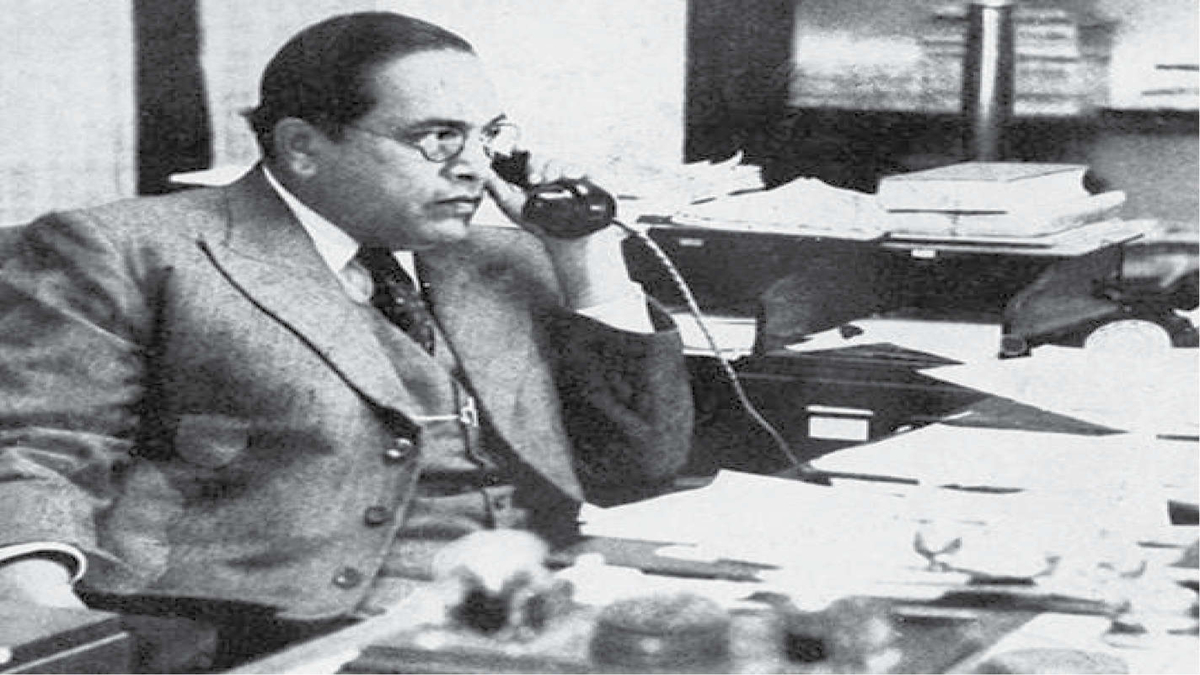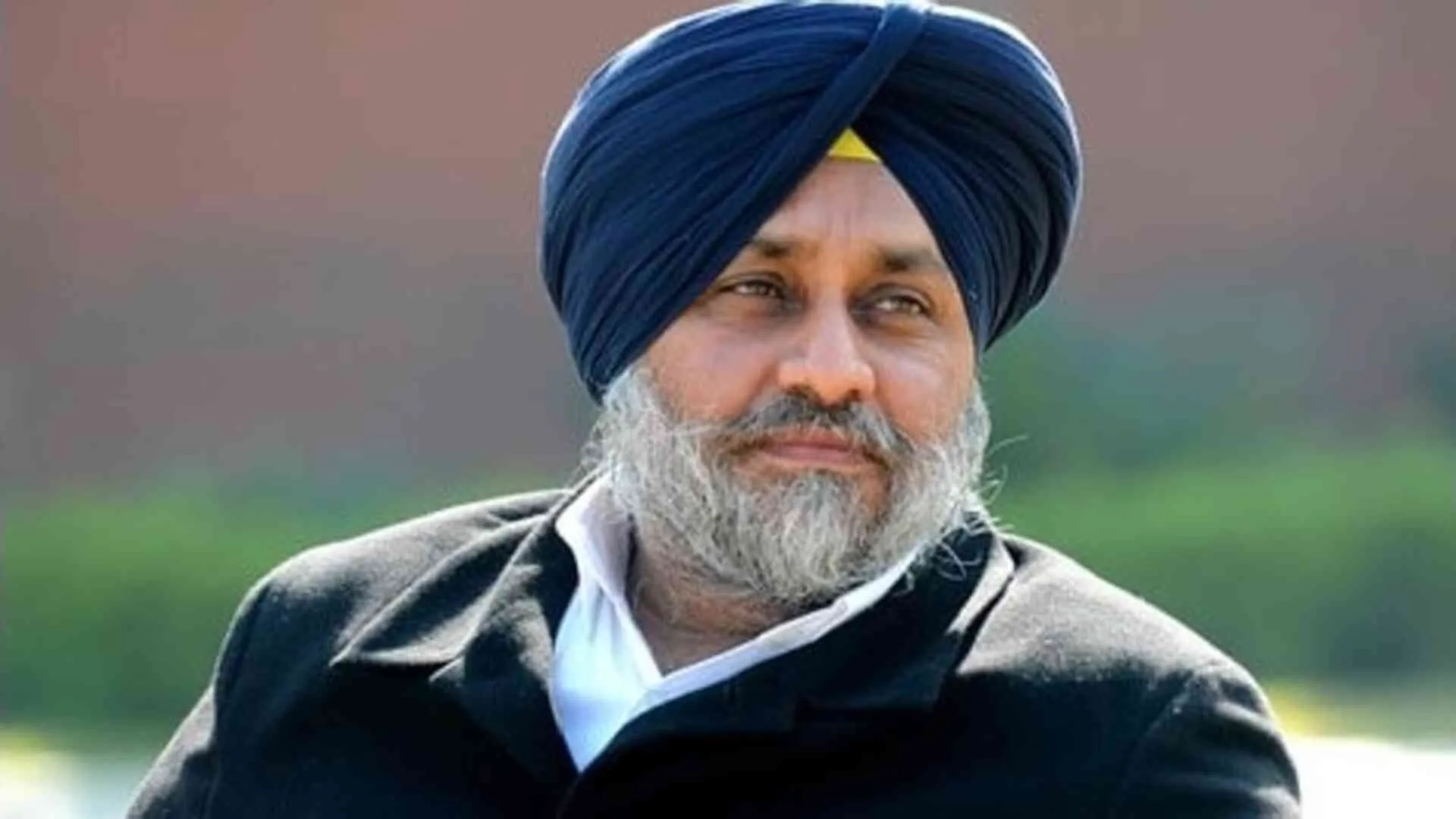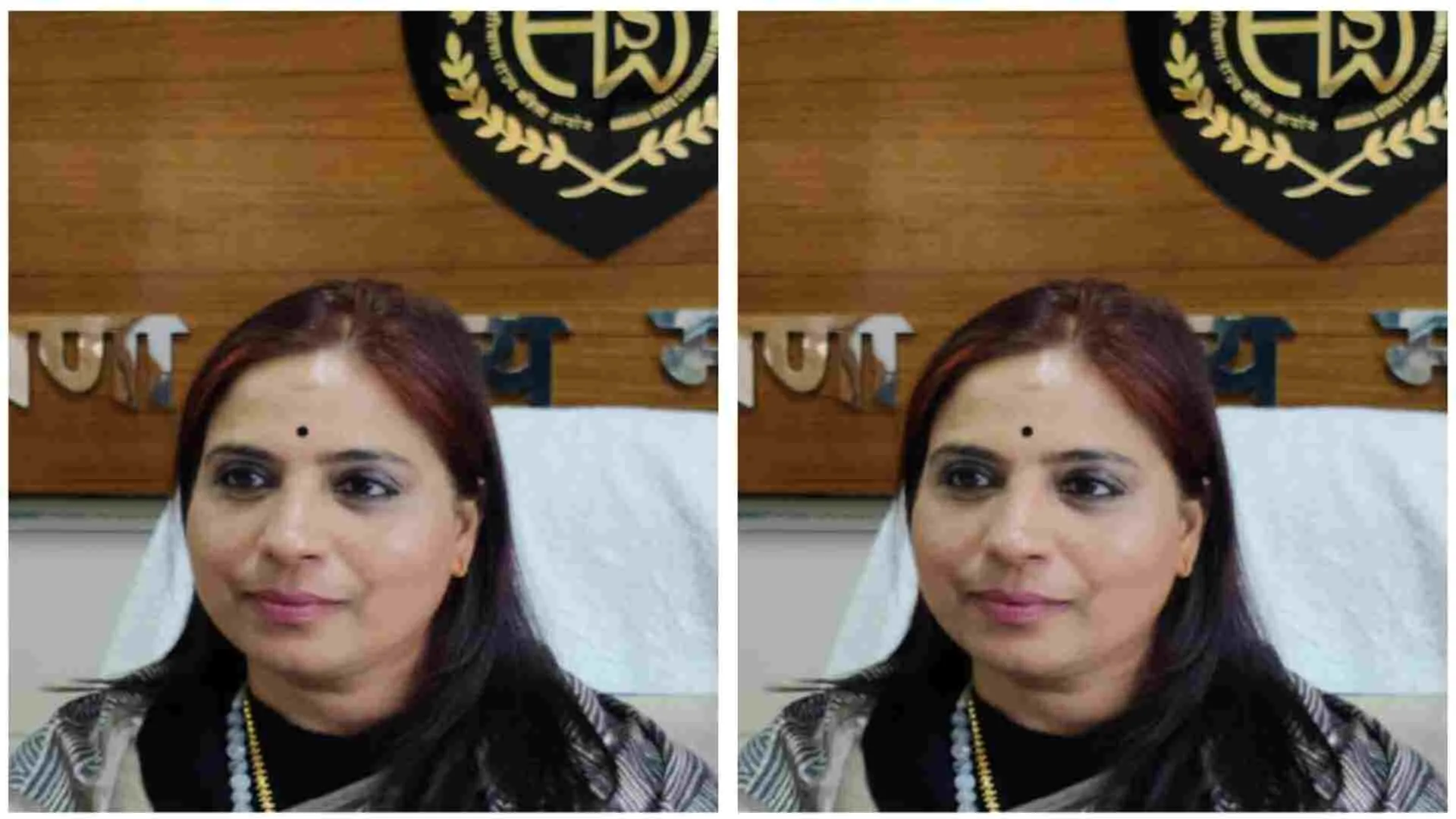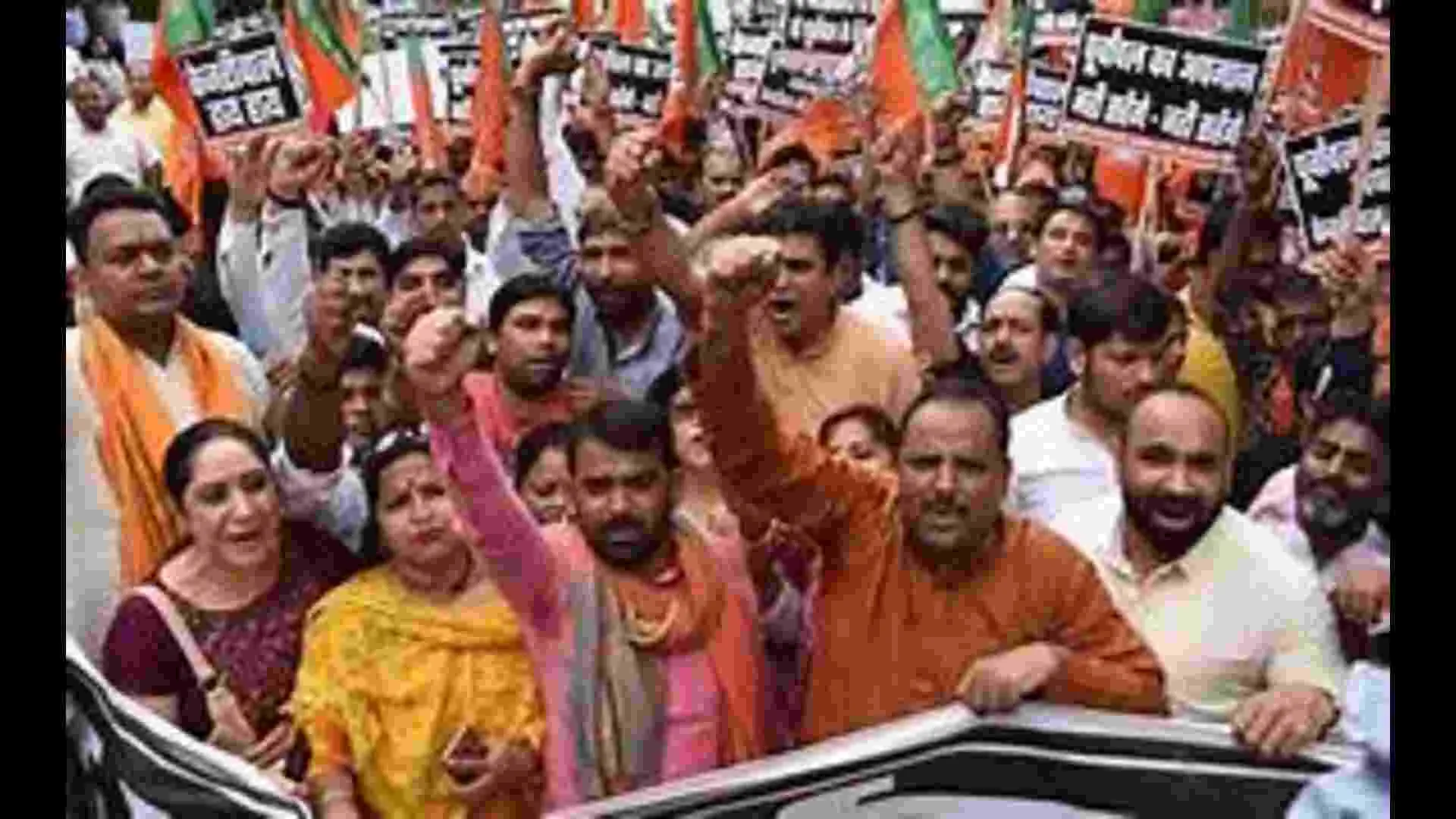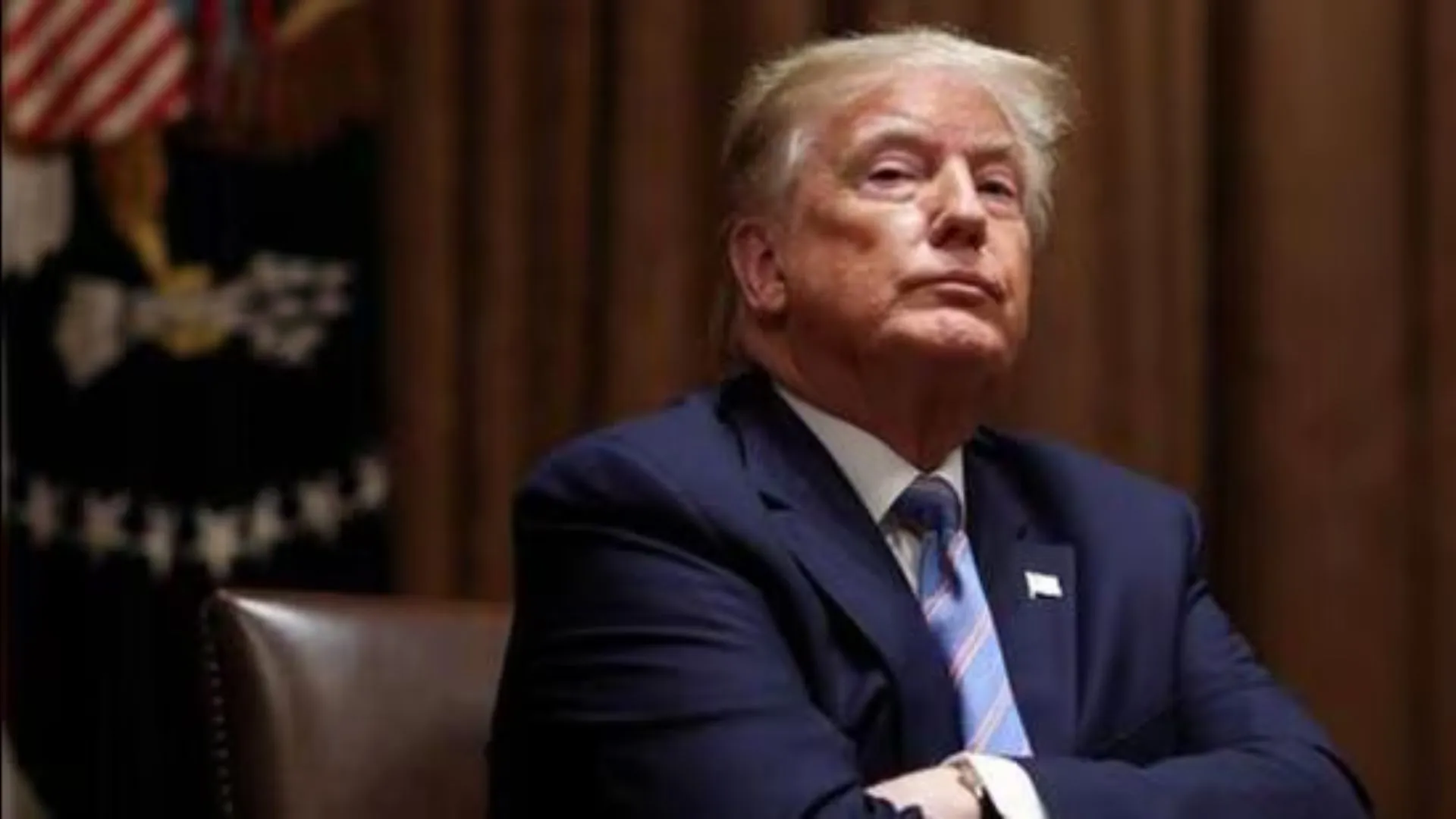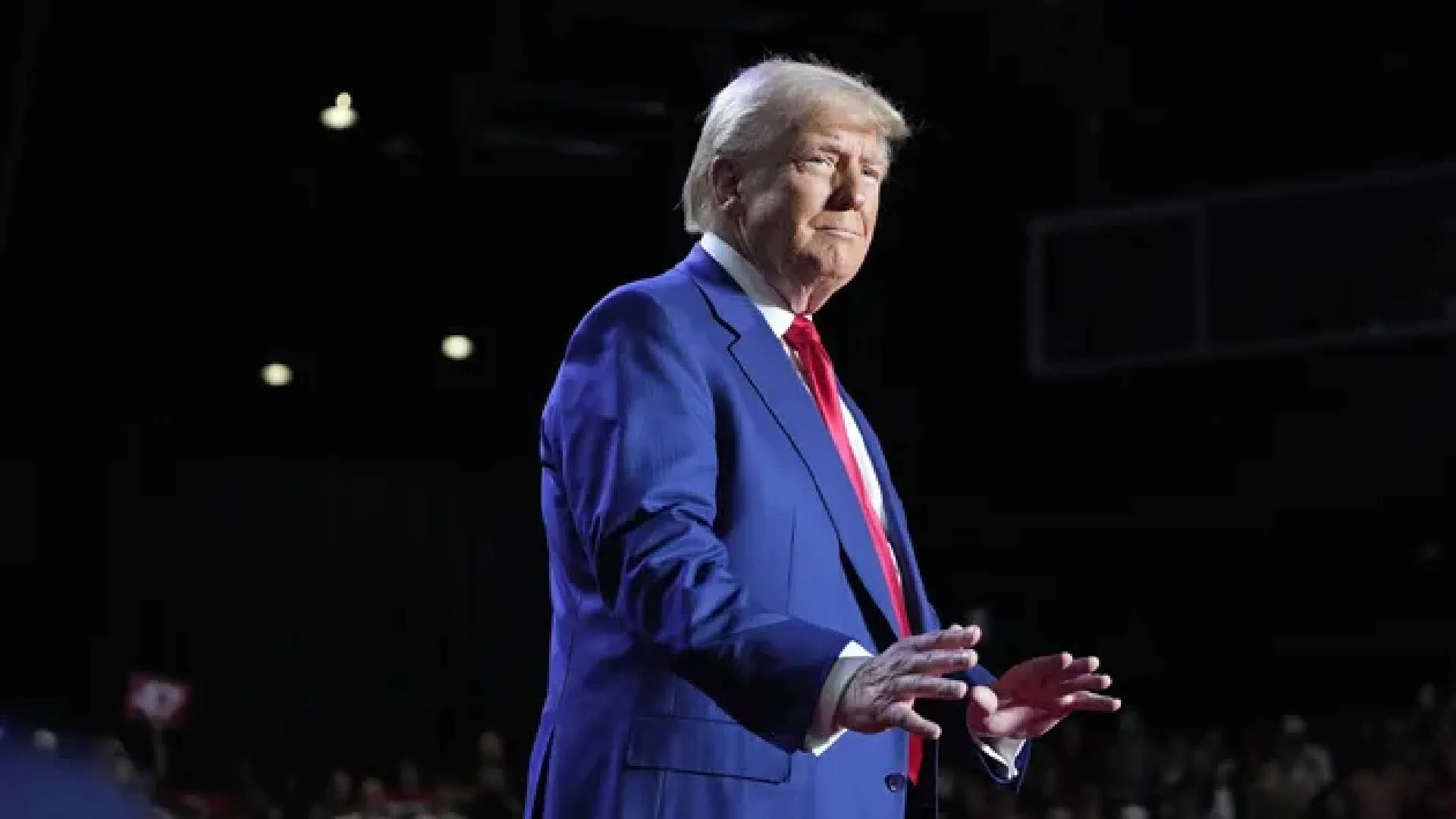Whenever I think of Babasaheb Ambedkar’s thoughts and his sublime vision, his works on social democracy strike the mind. It is not a coincidence that Babasaheb Ambedkar kept social democracy at the centre of the address he gave at the last meeting of the Constituent Assembly.
He said that the caste system and democracy cannot coexist. That is why the Indian Constitution introduced such rules that there is no discrimination on the basis of caste and language for the citizens living in any part of the country.
I believe that any nation is formed by combining its traditions, culture, religion, castes and languages. Therefore, nationalism has no place for parochialism. The main task of proving the provisions of the draft and their justification in the Constituent Assembly was carried out by Dr Ambedkar and other Drafting Committee members. He drafted the Constitution with his able colleagues and gave a voice to the traditions, faith and beliefs of the country. But, the basic thing in it was that all the citizens of the country are Indians first and have some other identity later.
If we go into the depth of Dr Ambedkar’s statements in the Constituent Assembly, we will also find that there is a unique confluence of politics, law, history and philosophy. Everyone has a sense of equality, not just any one caste.
In November 1948, while proposing to consider the draft of the Constitution, he said that they had called India a Union of States and not a Federation of States. I believe that Dr Ambedkar was concerned with social separation in India, so he said, “If we want to build a democracy, we have to recognize the obstacles in our path because the grand palace of the Constitution stands on the foundation of people’s allegiance in democracy.”
I think Dr Ambedkar’s views are in fact related to the nationalism in which there is no distinction between caste and religion among the individuals. Every citizen of the country has the same principle. There is harmony among all of us under social order and social thinking. That is why our nation is a classic example of unity in diversity. Even in the Preamble of the Constitution, equality and fraternity have been talked about for all citizens.
Dr Ambedkar also explained this vision for India in a wider perspective in his thoughts. Giving importance to the land, its society, and the best traditions for nation building, he also stressed that the nation is not a physical entity. The nation is the result of the continuous efforts, sacrifice and patriotism of the people of the past.
While describing the nation as lively, he also said that nationality is social consciousness and is how citizens come close to each other. The sense of fraternity develops from this. In this, the idea of narrowness is the biggest obstacle. He clearly said that he wants all the people of India to consider themselves as Indian and only Indian. Ambedkar said that if for some reason this cannot happen, then we will commit the biggest sin, and he will always keep opposing it with his strength.
Dr Ambedkar, the architect of the Indian Constitution, took three words from the French Revolution: liberty, equality and fraternity. These words, included in the core of the Constitution, also deeply influenced his political and social philosophy. That is why the Fundamental Rights enshrined in the Constitution explain the Right to Equality through Articles 14 to 18, Right to Freedom through Articles 19 to 22, and Articles 23 and 24 provide the Right Against Exploitation. The important fact is that Article 19 (2) also prohibits unrestrained expression against any caste, class or community under the Right to Freedom of Expression. If there is any law for the preservation of these three or if there is any law being made, it should not be hindered. The Right to Religious Freedom is also given in the Constitution of India through Articles 25 to 28. I believe that it is only the Indian Constitution, among other constitutions around the world, in which the fundamental rights have been interpreted in this way.
Dr Ambedkar’s contemplation is also profound because he pushed himself forward by having a fundamental vision for almost all-important areas. If we take his thoughts on women’s education, it also feels as if he was the first initiator for reservation for women in jobs. While addressing the Mahila Sabha of Bombay, he once said, “Woman is the creator of the nation, every citizen grows up in her lap, the development of the nation is not possible without awakening the woman.” His depth of thought also probably made him the first scholar who tried to understand the position of women in the caste structure from the point of view of gender in the Indian context. For this, women rights were also advocated.
At the core of his vision was the thought that equality should be established at all levels of society. That is why he constantly emphasized on making society classless. His saying, “Revolution is for the people, people are not for the revolution” will always enlighten minds.
Dr Ambedkar was a great personality. I also believe that it is intellectual poverty if we associate him with a particular class or caste. He was a great man with a lofty vision. There is also a need to explain his view of seeing everyone as equal as something essential for the rounded development of the nation.
It also needs to be understood that Article 370, which has been abrogated 72 years after Independence due to the strong will and resolve of Prime Minister Narendra Modi and Union Home Minister Amit Shah, had been added to the Constitution against Dr Ambedkar’s will.
Instead of looking at his thoughts and vision from a single point of view, there is a need to think deeply about it in totality and see the seeds of equality, unity and integrity of the country in his words. His multifaceted philosophy of “Bahujana Hitaya Bahujana Sukhaya”, speaking of equality and justice, is relevant even today and will remain so tomorrow too.
The author is the Governor of Rajasthan.

